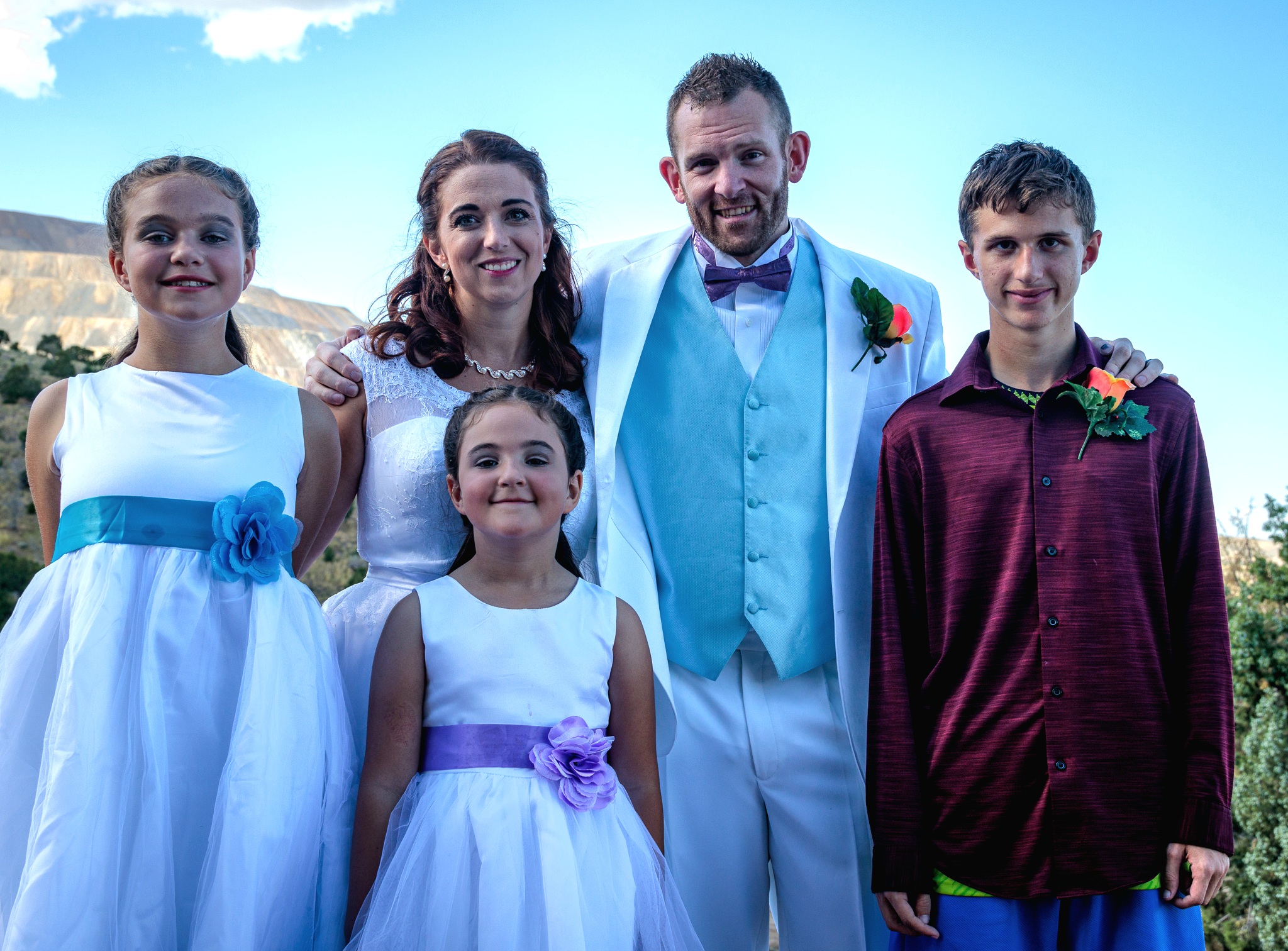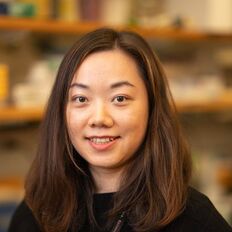
Amanda hopes her cancer journey is a positive example for her kids
April 22, 2024
This is a guest post by Amanda Reitz, a mother of three children who were 13, 9, and 5 years…
Read More
Dr. Yufei Wang received a 2022 KCA Trailblazer Award for her research on “Design of CAIX Targeted Fine-Tuned Immune Restoring Safe (FIS) CAR-T Cell Therapy for Metastatic Clear Cell Renal Cell Carcinoma (ccRCC)”. Dr. Wang is a postdoctoral fellow at the Dana-Farber Cancer Institute. We spoke with Dr. Wang about her work and the impact it can have on people with kidney cancer.
Can you summarize your research study?
Metastatic clear cell renal cell carcinoma (mccRCC) patients have an approximately 10% 5-year overall survival rate, however, there is not a curative treatment. There’s an urgent need to develop therapeutics for these patients. Chimeric antigen receptor (CAR) T cell therapy, which reprograms a patient’s immune system to recognize and attack cancer cells, has gained great success in hematological malignancies. However, this powerful therapy has not been translated to the solid tumors yet due to tumor heterogeneity, the immunosuppressive tumor microenvironment, and on-target off-tumor side effects. In kidney cancer, there are several obstacles to translating CAR-T cell therapy. One of the obstacles is that some cancer-related antigens on tumor cells are also present on normal cells in smaller amounts. The other obstacle is the ability of tumors to suppress the patient’s immune system attack on the tumor. My goal is to address these challenges and translate CAR-T cell therapy from bench to bedside.
In this research project, the fine-tuned immune restoring safe (FIS) CAR-T cells are genetically engineered in the lab to enable the T cells to recognize and eliminate only cancer cells but not the normal cells. In addition, the FIS CAR-T cells are equipped with an immune checkpoint inhibitor (ICI) and the ICI secretion is controlled by a gene circuit which will turn on only when the CAR-T cells are activated by tumor cells. FIS CAR-T cells are able to restore antitumor immunity and keep the tumor from turning off the CAR-T cells and patient immune system. By the end of the study, I expect to advance CAR-T cells in a clinical trial.
Side effects from treatment are a huge challenge for patients. How does your research address this?
My research is focused on addressing side effects caused by cell therapy, especially the toxicity against normal tissues. The target I have been working on, carbonic anhydrase IX (CAIX) was considered non-druggable previously, because this target is also expressed on normal cholangiocytes, and patients who received CAIX targeted CAR-T cell therapy developed severe liver toxicity. This first anti-CAIX CAR-T cell therapy failed to achieve therapeutic effects before it caused side effects. I have optimized the CAR construct, using a human rather than murine antibody as the CAR moiety, and fine-tuned the antigen binding affinity of CAR to enable the CAR-T cells to only kill antigen-high tumor cells, but not antigen-low normal tissues.
We haven’t been talking about kidney cancer “cures” for that long – it wasn’t considered curable for a long time. But you do talk about potential kidney cancer cures in the context of your research proposal. How would you explain to someone impacted by kidney cancer why you think this is achievable?
Throughout my training, I have worked on anti-cancer small molecules, antibody and cell therapy. Fortunately, I see the potential for cellular therapy-based cancer cures. For example, the first pediatric patient who received CD19 targeted CAR-T cell therapy for recurrence of acute lymphoblastic leukemia has been tumor free for 10 years. CAR-T cells serve as a “magic bullet,” killing tumor cells precisely in an MHC independent manner. In addition, CAR-T cells are a “living drug” that can survive and proliferate in patients for years, thus providing immune surveillance in the patients to prevent recurrence. CAR-T cells hold great promise to achieve kidney cancer cures, though the challenges mentioned above need to be addressed.
It’s hard to get a clinical trial going in general, yet they are so necessary. What would you want patients to know about participating in kidney cancer clinical trials.
I appreciate all the patients who participate in kidney cancer clinical trials. Without them, we cannot translate advanced therapies to clinic.
What motivates you?
I was devastated and helpless when my family was suffering from cancer. This experience continues to motivate me. I am dedicated to cancer research to provide a cure for cancer patients.
Anything else you’d like others to know about you or your work?
I am committed to cancer immunotherapy and dedicated to translating cell therapy to solid tumors to benefit cancer patients who do not have a curative treatment now.